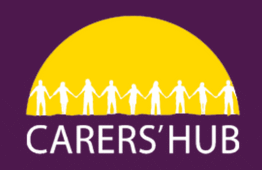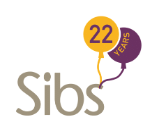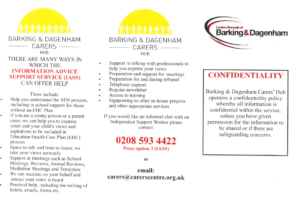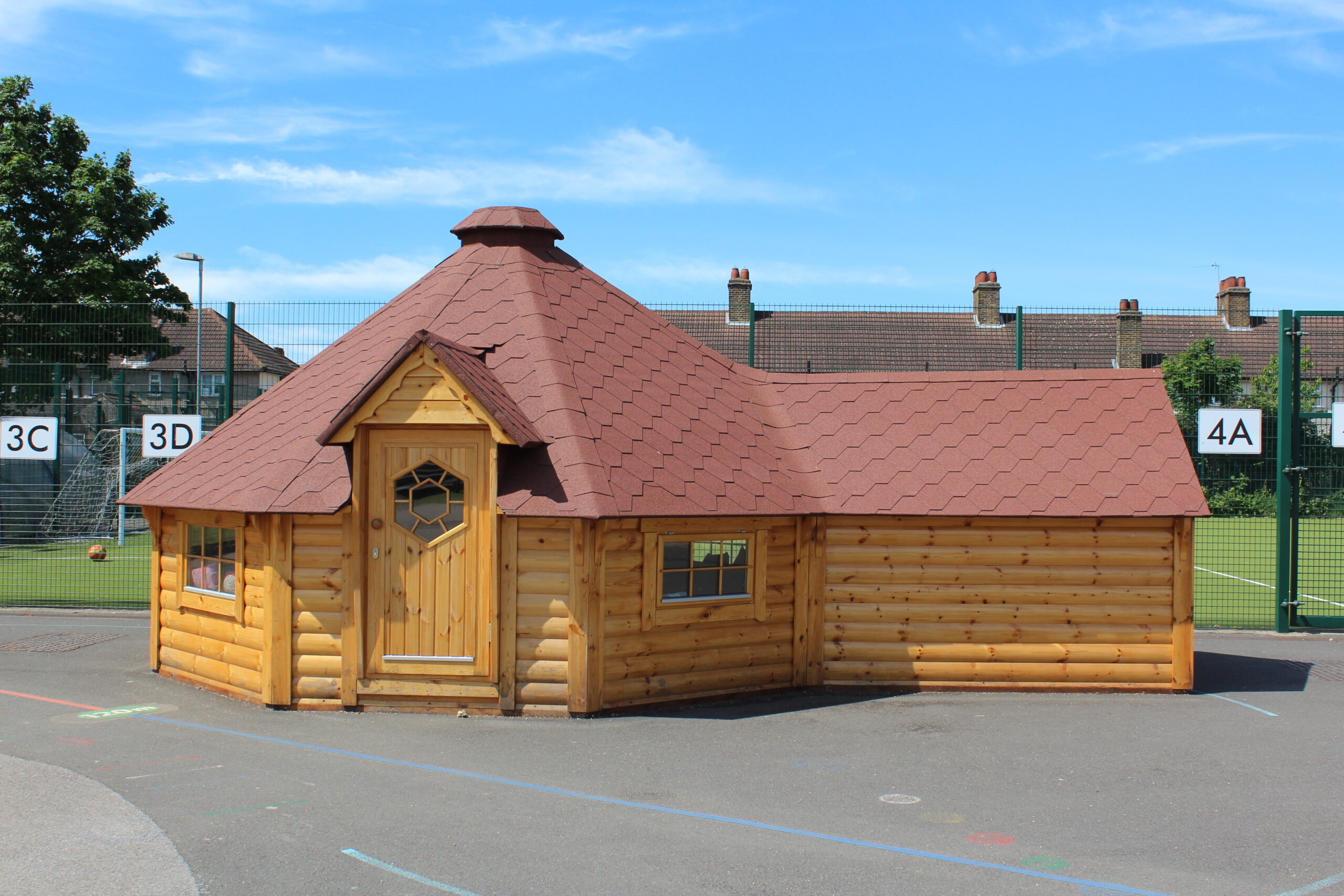

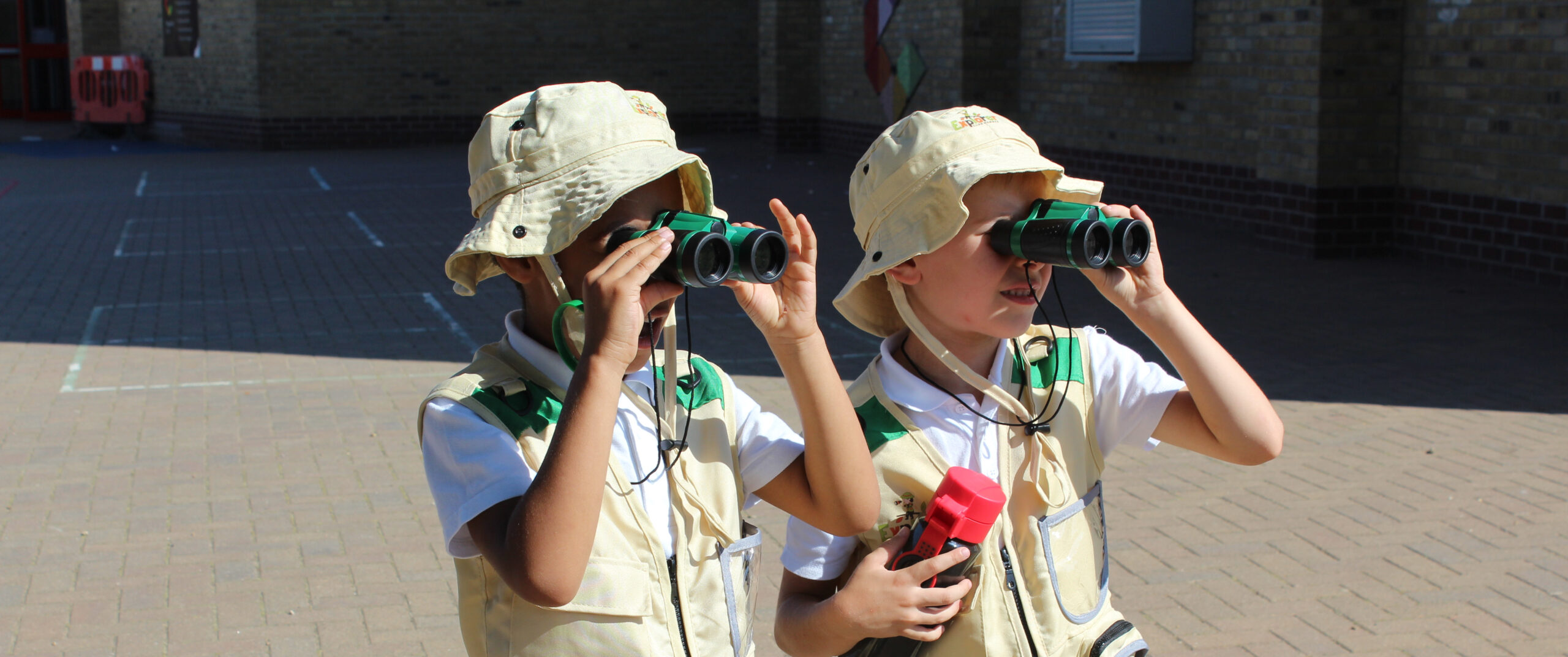
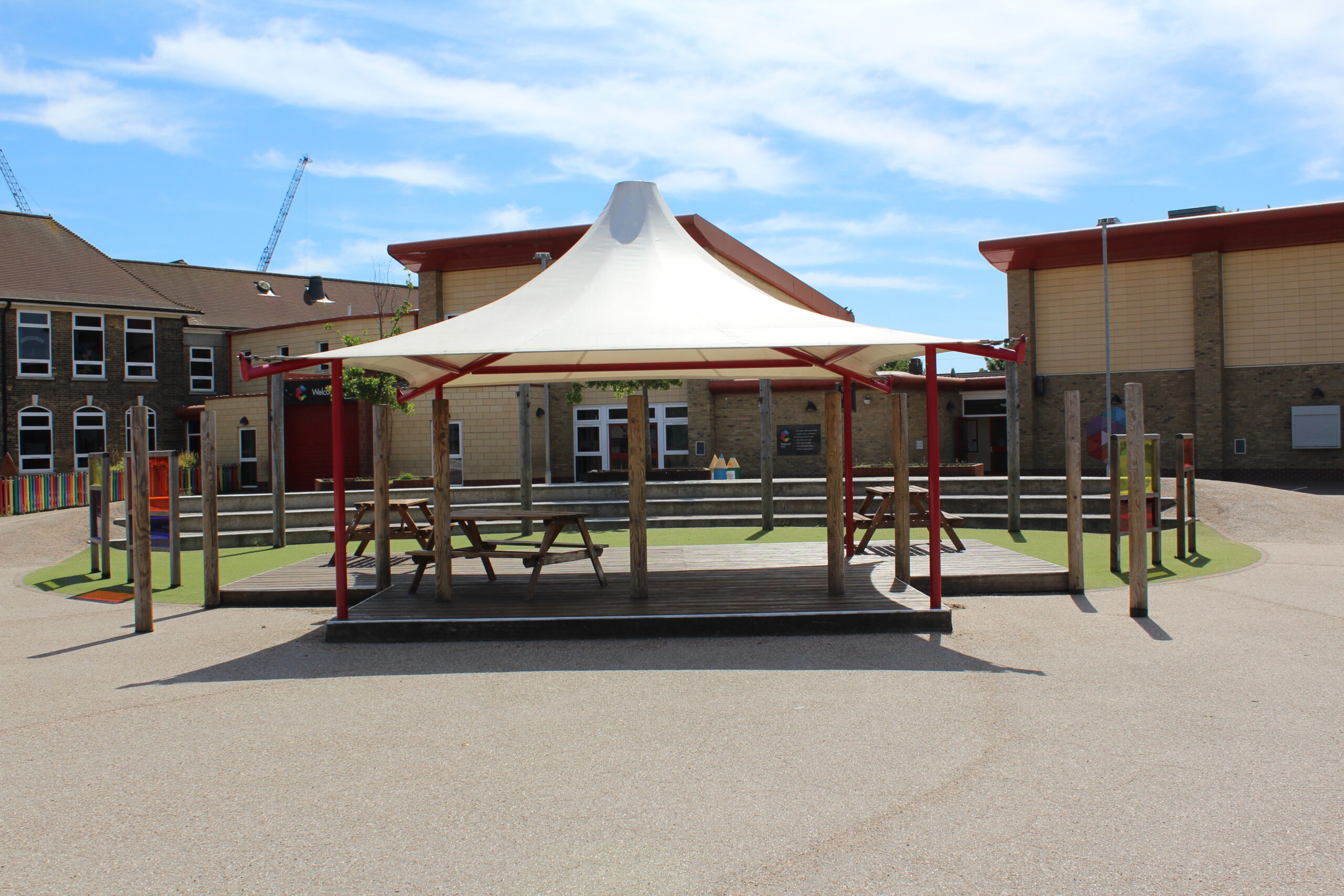


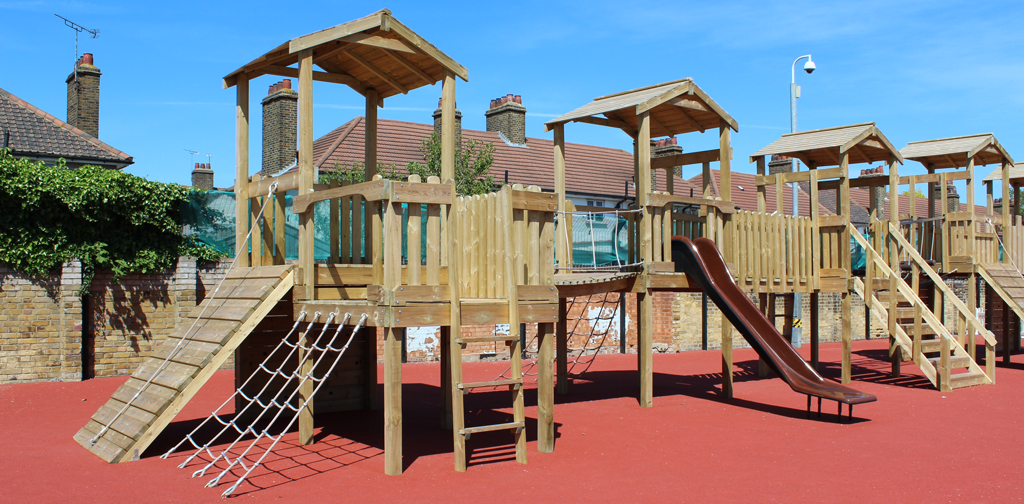




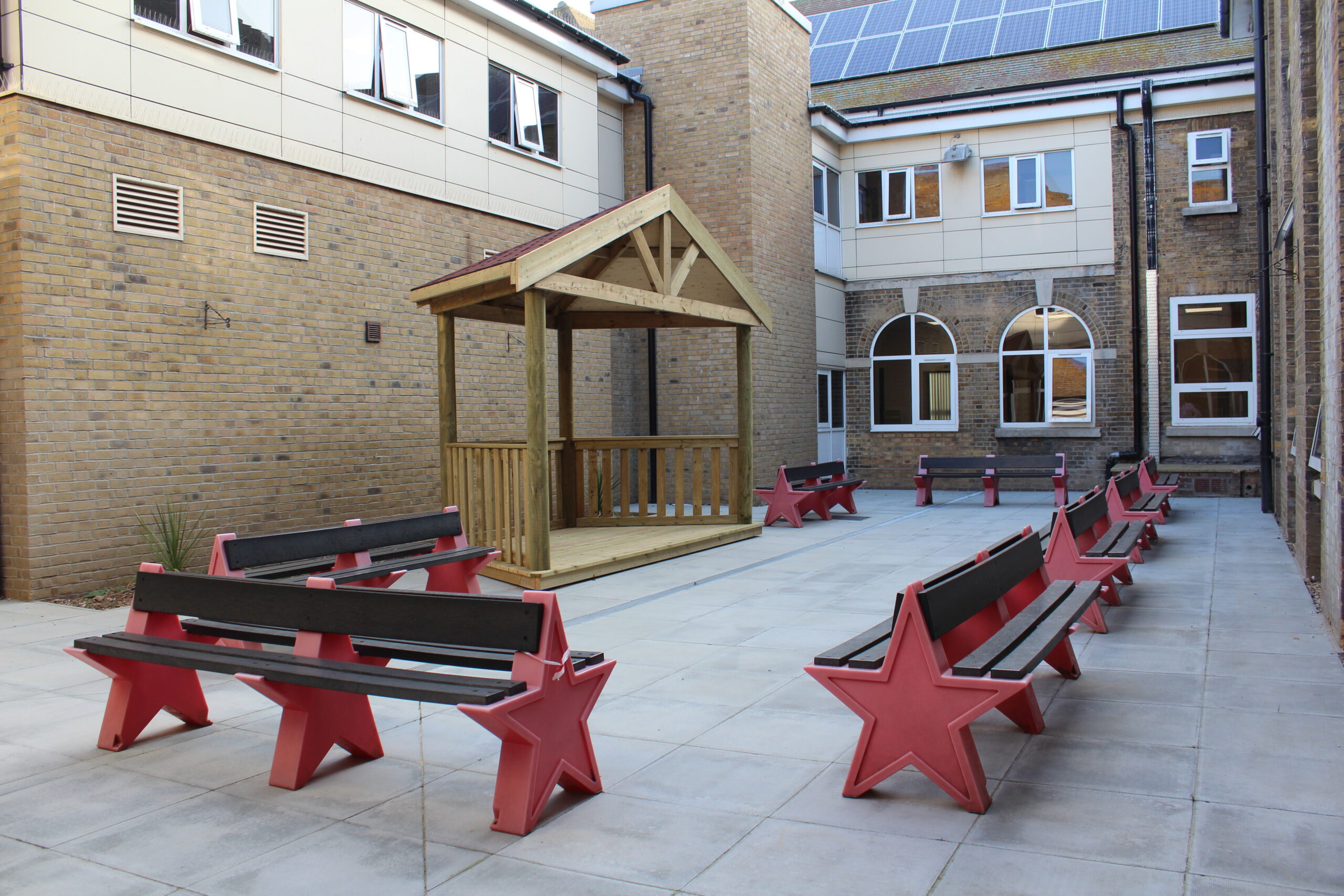

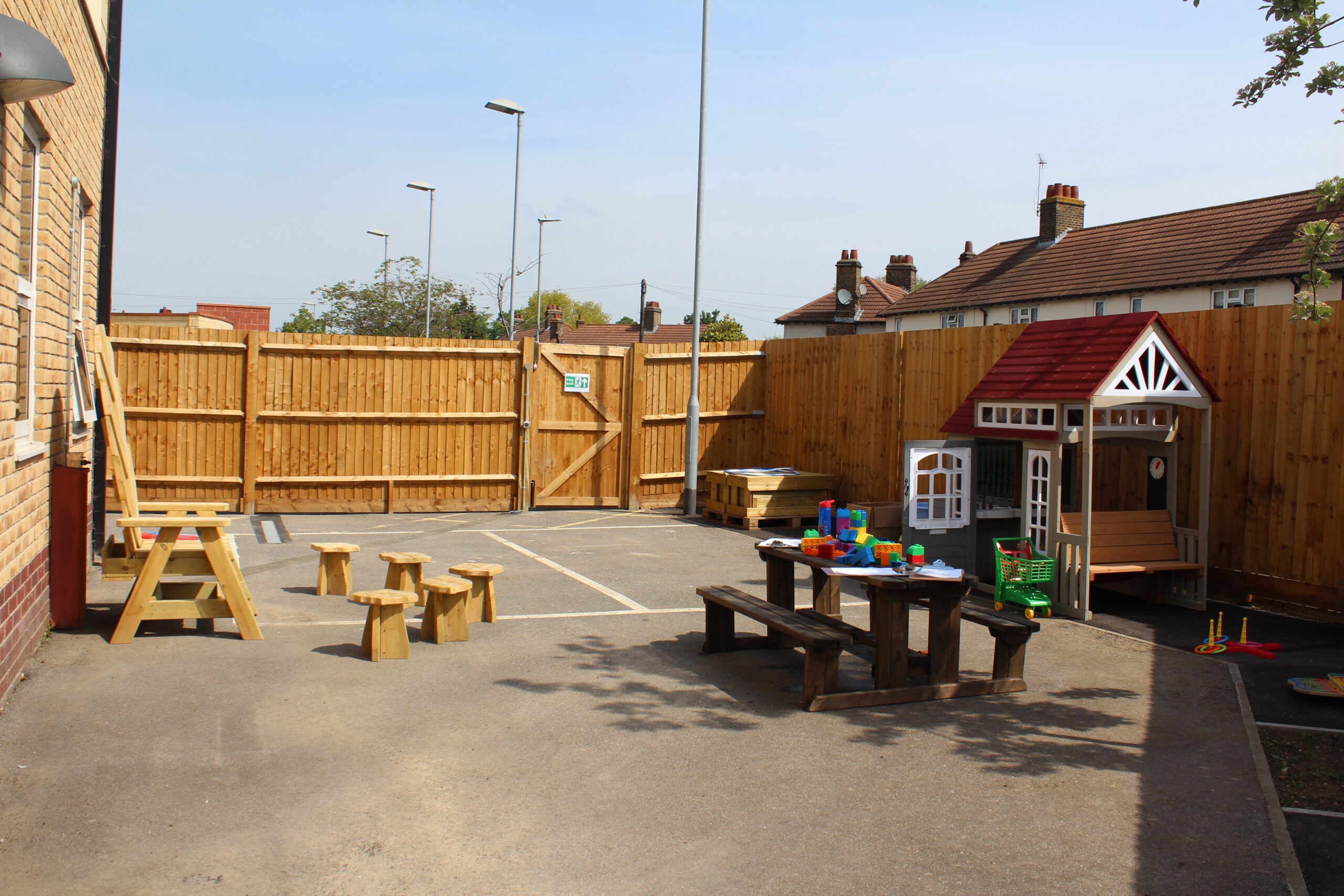

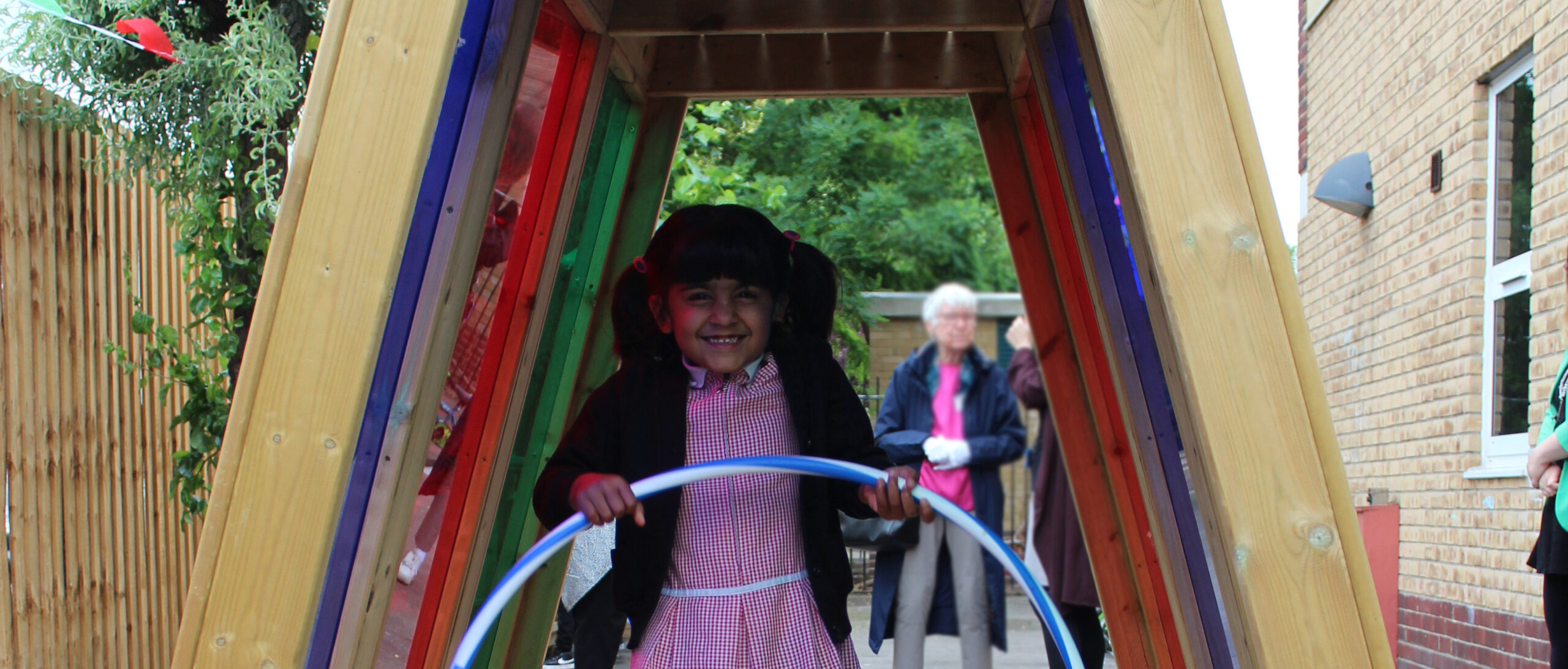
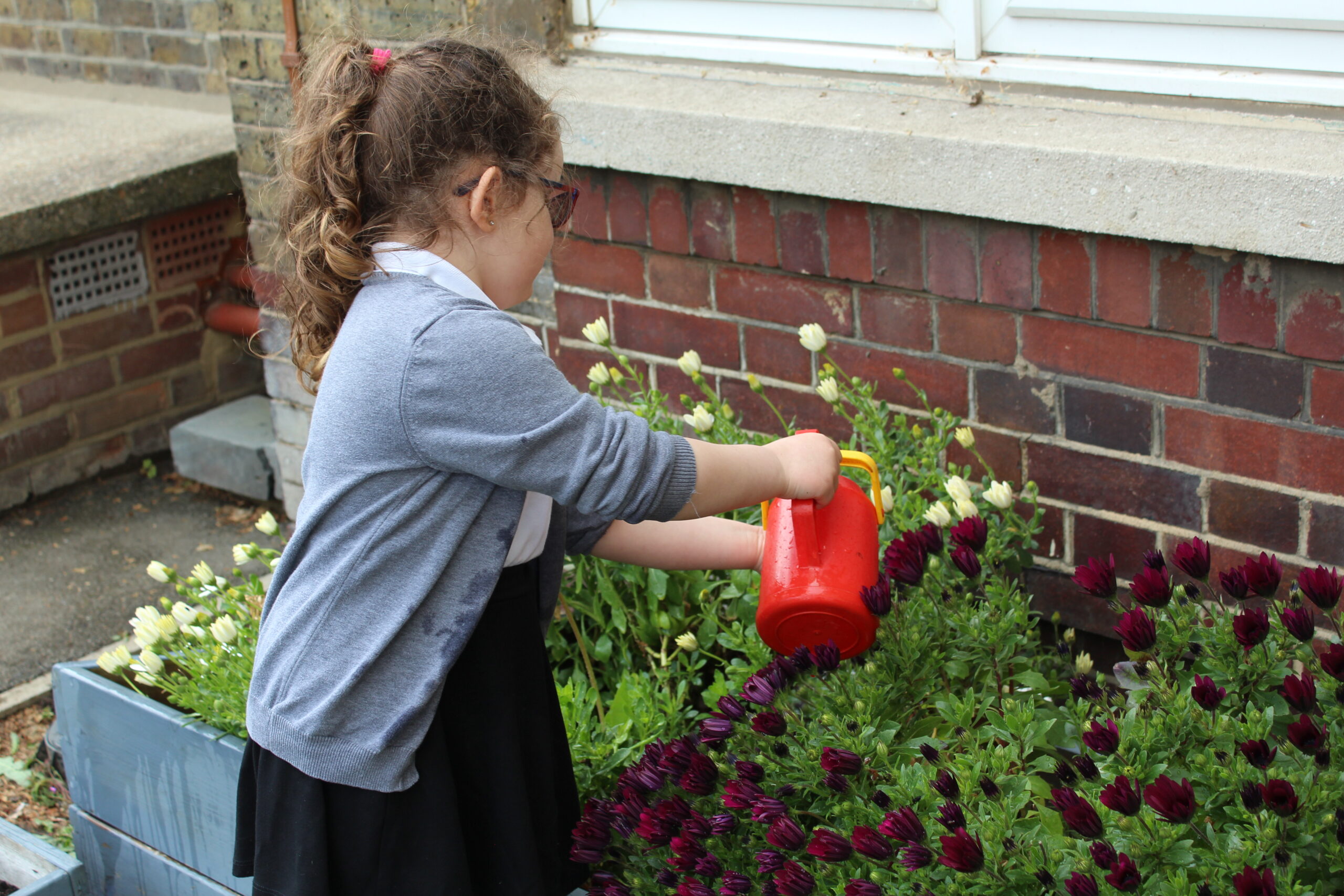







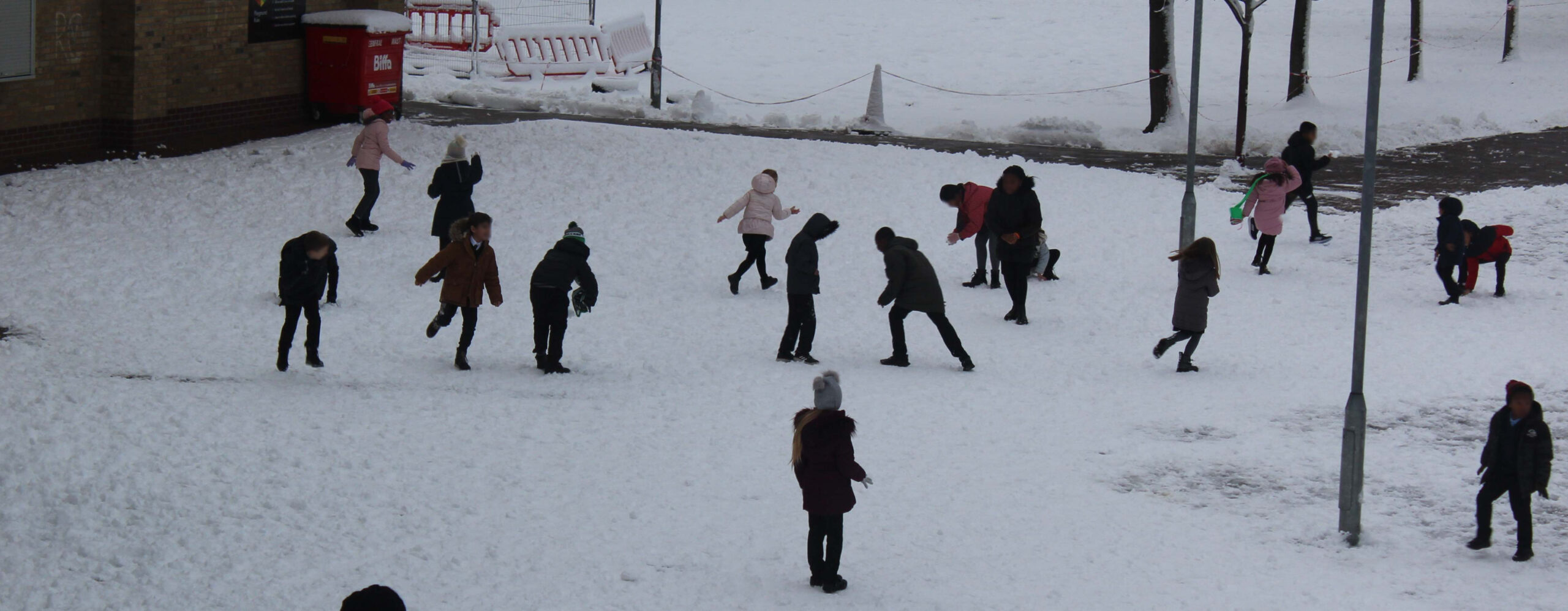

Welcome to our Attention Deficit Hyperactivity Disorder Page
What is ADHD
Attention deficit hyperactivity disorder (ADHD) is a condition that affects people’s behaviour.
ADHD is one of the most common neurodevelopmental disorders of childhood. It is usually first diagnosed in childhood and often lasts into adulthood.
People with ADHD can seem restless, may have trouble concentrating and may act on impulse.
For children with ADHD, although there’s no cure, it can be managed with appropriate educational support, advice and support for parents and affected children, alongside medicine, if necessary.
The symptoms of ADHD usually improve with age, but many adults who were diagnosed with the condition at a young age continue to experience problems.
The 3 main categories of symptoms of ADHD include the following:
• Inattention: Short attention span for age (difficulty sustaining attention) Difficulty listening to others. …
• Impulsivity: Often interrupts others. …
• Hyperactivity: Seems to be in constant motion; runs or climbs, at times with no apparent goal except motion.
How to support your child?
There are many things you can do to help a child with Attention Deficit Hyperactivity Disorder (ADHD) overcome their challenges.
Looking after a child with ADHD can be challenging, but it’s important to remember that they cannot help their behaviour.
What you can do to support your child with ADHD
1. Be understanding. Remember your child cannot help having ADHD, so try not to get angry or frustrated with them because of it. …
2. Give simple instructions. …
3. Set clear boundaries. …
4. Involve the family. …
5. Build healthy routines. …
6. Help with organisation. …
7. Praise your child. …
8. Manage triggers.
Here are 5 behavioral strategies to help manage your child’s ADHD:
1. Give praise and rewards when rules are followed. …
2. Give clear, effective directions or commands. …
3. Establish healthy habits. …
4. Develop routines around homework and chores. …
5. Help your child build relationships, strong social skills and maintain friendships.
Each logo below will take you to website that will support you and your child with their diagnosis of ADHD.
Did you know? You can see if you can get support by applying for disability allowance.
Information Advice Support Service (IASS)



